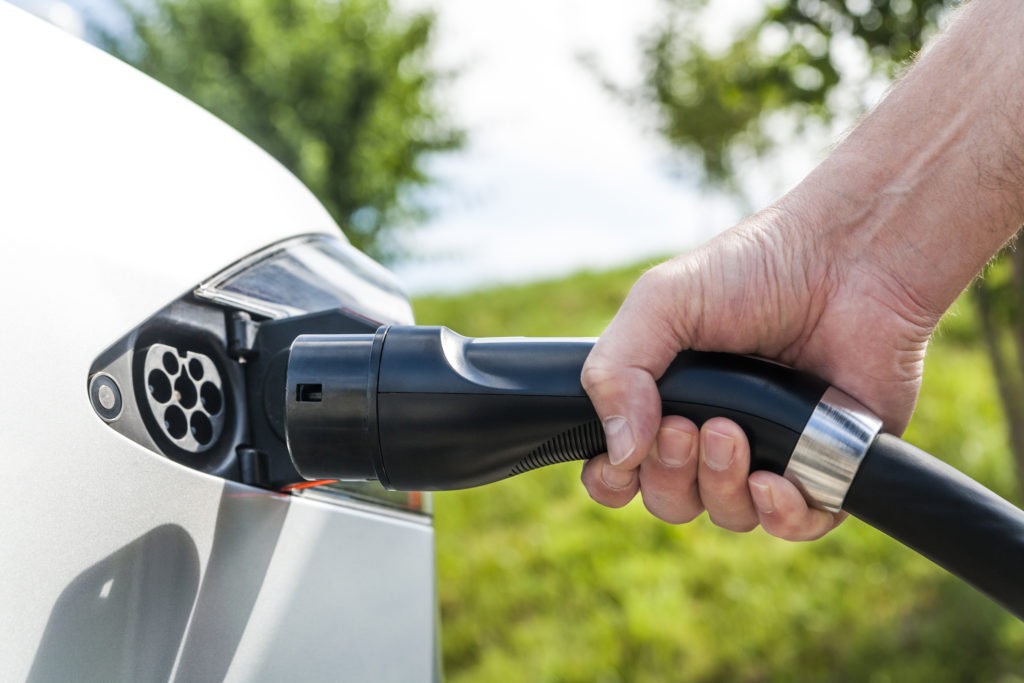BMW considering electric SUV as manufacturers invest in future mobility
20 November 2017

20 November 2017
German manufacturers are ramping up their plans to introduce electric vehicles (EVs) to their fleets with new investment and model plans surfacing as companies look to move on from the debate around diesel.
BMW has trademarked a series of model names as part of its plans to build on its existing two-model i sub-brand, and its recently introduced i-performance brand, with a range of new electrically powered SUVs. The model names include iX1, iX2, and iX3 up to iX9.
The i denotes the sub-brand use, while the X suggests they are related to SUVs, similar to the company’s conventional four-wheel drive numbering system. With its rivals Audi, Daimler and Jaguar having already signalled their intention to enter the electric SUV market, BMW needs to act to ensure it does not lose pace in this growing market. It’s unclear at this stage whether BMW plans to use existing X models as the basis for the proposed electric i SUVs or whether they will be dedicated models in their own right with individual styling and packaging.
Recent technical developments detailed by BMW research and development boss Klaus Fröhlich prior to this year’s Frankfurt motor show, including the existence of two new platform structures based on the company’s existing front-wheel drive and rear-wheel drive architectures for the i brand, suggest that BMW is already well advanced on other electric SUV models.
BMW is pushing its pursuit of electric mobility hard, cutting down on vehicle options and parts spending in order to reassign finances to research and development of the platforms.
Going forward, flexible vehicle architectures and manufacturing facilities will allow the company to decide at short notice which models and volumes to produce with what type of drive: combustion-powered, plug-in hybrid or fully electric, depending on demand.
Reporting on its Q2 results in August, by the end of 2017, the BMW Group expects sales of its electrified vehicles to exceed 100,000 for the first time in a single year, with the all-electric BMW i3, BMW i8, BMW iPerformance plug-in hybrids and the plug-in hybrid MINI Countryman all contributing to the figures.
Meanwhile, Daimler has announced plans to invest €641 million in China for factory capacity to manufacture EVs and the batteries used to power them as part of its efforts to help its Mercedes-Benz and Smart brands comply with the country’s electric vehicle quotas.
Daimler said in September that it plans to expand its partnership with local automaker BYD to bring new EV models to China. Currently, the partnership produces an electric sedan under the Denza brand in the country.
China has set strict quotas for electric and plug-in hybrid cars (New Energy Vehicles, NEVs) that come into effect from 2019. It has an ambitious target of 2 million NEV sales by 2020 and has signalled longer-term it will phase out the sale of conventional combustion-engine cars.